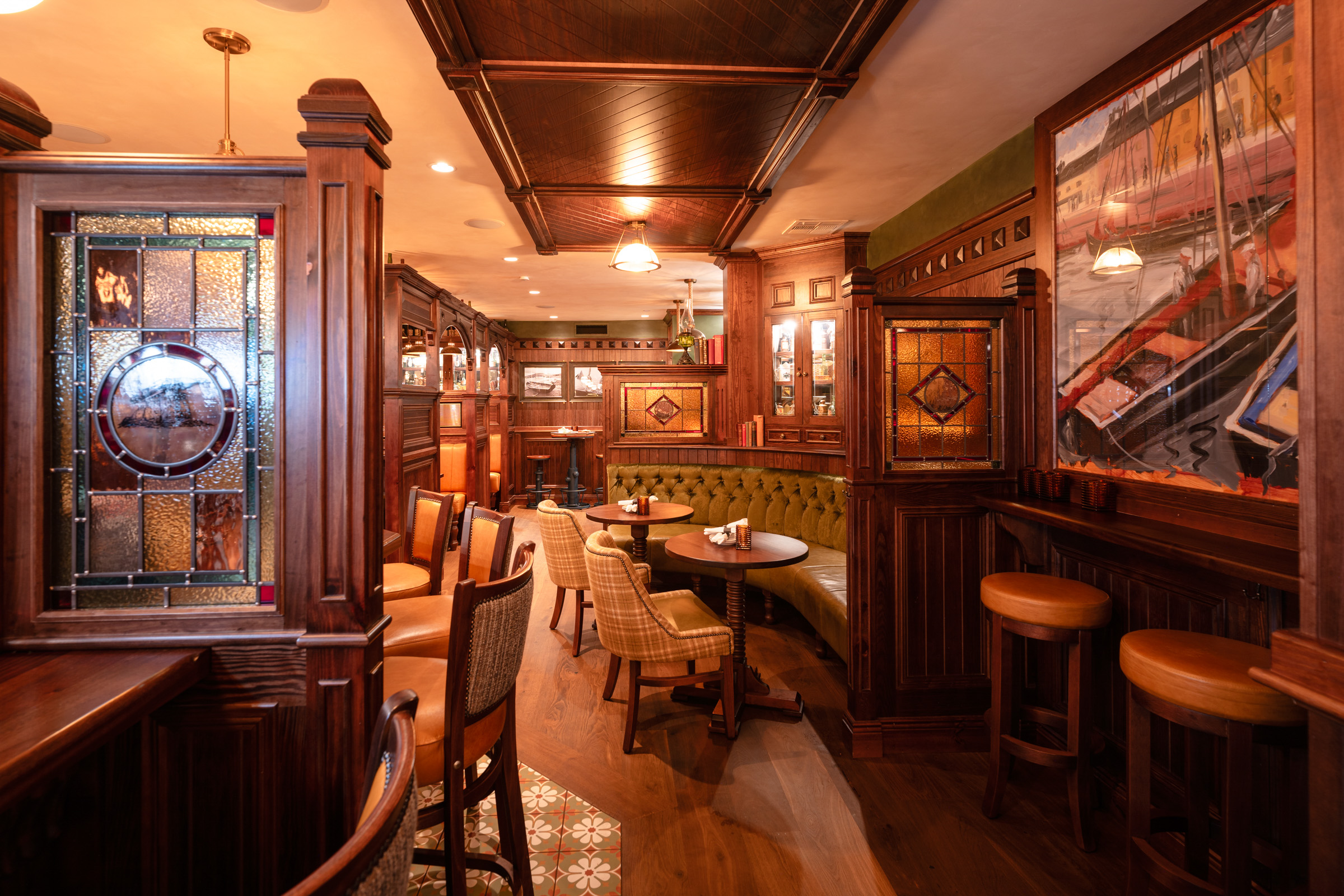
Typical Operating Expenses of a Bar in Chattanooga, TN
Operating a bar in Chattanooga, Tennessee, comes with a unique set of challenges and expenses. From licenses and staff salaries to inventory and marketing, running a successful bar requires careful budgeting and management. Drawing from industry insights and examples from local establishments, including The Tipsy Tin, a popular mobile bartending service in Chattanooga, and the Irish Pub Company, known for designing bars globally, we’ll explore the typical operating expenses bars face in this vibrant city. (Tipsy tin)
1. Licensing and Permits
To legally operate a bar in Chattanooga, obtaining the necessary licenses and permits is the first step. The city requires bars to have a City Business License, along with a Hamilton County Business License. A simple application fee of $15 for business tax registration must also be paid. On top of this, any bar serving alcohol will need a Liquor-by-the-Drink license from the Tennessee Alcoholic Beverage Commission (TABC), with fees varying depending on the seating capacity. For instance, a bar with 40-74 seats pays around $650 annually, while a larger establishment with over 276 seats may pay up to $1,200. These licenses ensure that bars comply with the state’s alcohol regulations and can legally serve drinks to patrons. (CHATTANGOONA.GOV), (Tennessee Gov)
2. Rent and Utilities
Rent and utilities constitute significant fixed expenses for a bar. The cost of leasing commercial space in Chattanooga varies depending on location, size, and amenities. While specific figures are not publicly available, it’s advisable to consult local real estate listings or contact commercial real estate agents for current rental rates. Utilities, including electricity, water, and gas, are essential for daily operations and can be substantial, especially during peak seasons.
3. Staffing Costs
Labor is a critical component of bar operations. Staffing expenses include wages, benefits, and training costs. For example, The Tipsy Tin, a mobile bartending service in Chattanooga, emphasizes the importance of well-trained staff to ensure excellent service. They note that their crew is trained in alcohol awareness to assist in any situation, highlighting the significance of investing in staff training. (Tipsy tin)
4. Inventory Costs
Purchasing alcohol, mixers, and other bar supplies represents a significant portion of variable expenses. Establishments must balance offering a diverse selection to meet customer preferences while managing costs to maintain profitability. The Irish Pub Company, known for designing and fitting out pubs worldwide, emphasizes the importance of quality and authenticity in their projects, which can influence inventory choices and costs.
5. Marketing and Promotion
Attracting and retaining customers necessitates ongoing marketing efforts. Expenses in this category include advertising, events, promotions, and social media management. Innovative promotions, such as offering unique experiences or collaborating with local businesses, can enhance visibility and draw in patrons. While specific marketing strategies vary, establishments like The Tipsy Tin engage with clients through their website and social media platforms, providing information on services and promotions.
6. Insurance & Taxes
Comprehensive insurance coverage is vital to protect against potential liabilities, property damage, and other unforeseen events. Bar owners should invest in general liability, property, and liquor liability insurance to safeguard their business interests.
Bars are subject to various taxes, including sales tax, liquor tax, and employee-related taxes. Staying informed about current tax rates and ensuring timely payments is crucial to avoid penalties and maintain good standing with tax authorities.
7. Miscellaneous Expenses
Additional costs encompass point-of-sale systems, décor, furnishings, and other operational supplies. Investments in quality furnishings and décor can enhance the customer experience, potentially leading to increased patronage and sales. The Irish Pub Company, for instance, focuses on creating authentic and high-quality pub designs, contributing to the overall success of the establishments they design.
Conclusion
Operating a bar in Chattanooga involves a comprehensive understanding of various expenses, from licensing and staffing to inventory and marketing. By carefully managing these costs and drawing inspiration from successful establishments like The Tipsy Tin and the Irish Pub Company, bar owners can navigate the competitive hospitality landscape effectively, ensuring both compliance and profitability. 
For a visual insight into pub design and fit-out processes, you might find this video by the Irish Pub Company informative: click here